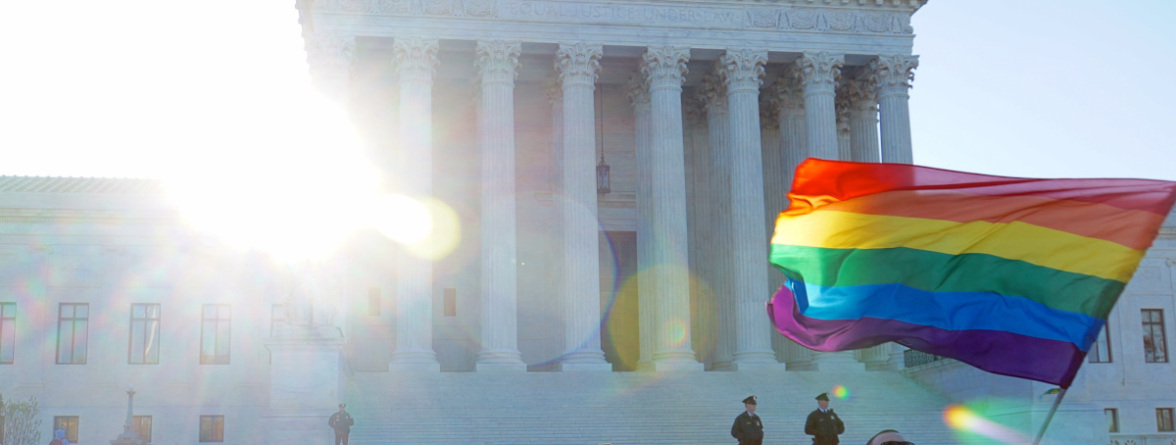Understanding California Domestic Partnership Law
January 30, 2017
Until 2013, non-heterosexual couples did not have the option to marry in California, so many chose the route of obtaining a domestic partnership. Today, some still choose this option, while others choose marriage. Let’s take a look at what that means.
What is a domestic partnership?
Similar to a marriage, a domestic partnership in California is defined as “two adults who have chosen to share one another’s lives in an intimate and committed relationship of mutual caring.” It is another way in which a couple legally binds their relationship.
In California, only non-heterosexual partners, or heterosexual couples in which on partner is at least 62 years of age may obtain a domestic partnership.
As of today, those in a domestic partnership enjoy virtually the same state rights and responsibilities as those in a marriage, apart from a few nuances we will discuss below. However, it is important to note that they are not recognized under federal law. This may significantly impact your federal rights.
A brief history
Domestic partnerships were first enabled in 1999, with only a handful of rights, mainly related to health care coverage and hospital visitation.
More rights were added on via the California Assembly in 2001, 2003, and finally in 2011. Now, domestic partnerships are treated nearly identically to marriages in California.
Since the 2013 Hollingsworth v. Perry case legalizing gay marriage in California, and the 2015 Obergefell v. Hodges ruling that applied this right nationally, fewer people are opting for domestic partnerships.
Was my domestic partnership converted into a marriage with the legalization of gay marriage?
In some states, such as Washington State, domestic partnerships automatically became marriages when gay marriage was legalized. This is not the case in California. It is up to each couple to decide for themselves whether they would like to maintain their status as domestic partners, or get married. They may be both married and in a domestic partnership simultaneously, as long as they are to the same person. For couples who do have this “double commitment,” we encourage you to contact us in the case of a separation, as it can add another layer of legal complexity.
What is the difference between domestic partnerships and marriage?
With regards to California state law, there are very few differences. Community property law, state taxes, and medical decision-making all mirror the rights of married couples, for example. However, you may lack the same level of access to your partners health care benefits.
It is critical to note that California domestic partnerships are not recognized by federal law. This may have a significant impact on your life. For example, you may experience the following impacts:
- Federal retirement plans do not recognize domestic partnerships in every case.
- Domestic partners receive fewer rights with flexible spending accounts, health savings accounts, and others federal benefits.
- Domestic partners may not file federal taxes jointly or take advantage of other tax benefits that married couples have access to.
Note that this is not an exhaustive list.
Likewise, certain other states and quite a few foreign countries do not recognize the legality of the relationship, which can impact travel and medical care abroad.
There are also several differences in legal processes for entering into a domestic partnership and in navigating divorces and separations, which we will not discuss here. It is noteworthy, however, that unlike a marriage license, domestic partnership applications may be filed confidentially, in which the parties names are not released to the public. This is an appealing option for some LGBT couples in unique circumstances.
Whether you are considering a LGBT domestic partnership or a marriage, our experienced attorneys can help guide you through the process. Contact us to learn more.
Photo by Ted Eytan, CC BY-SA 2.0

